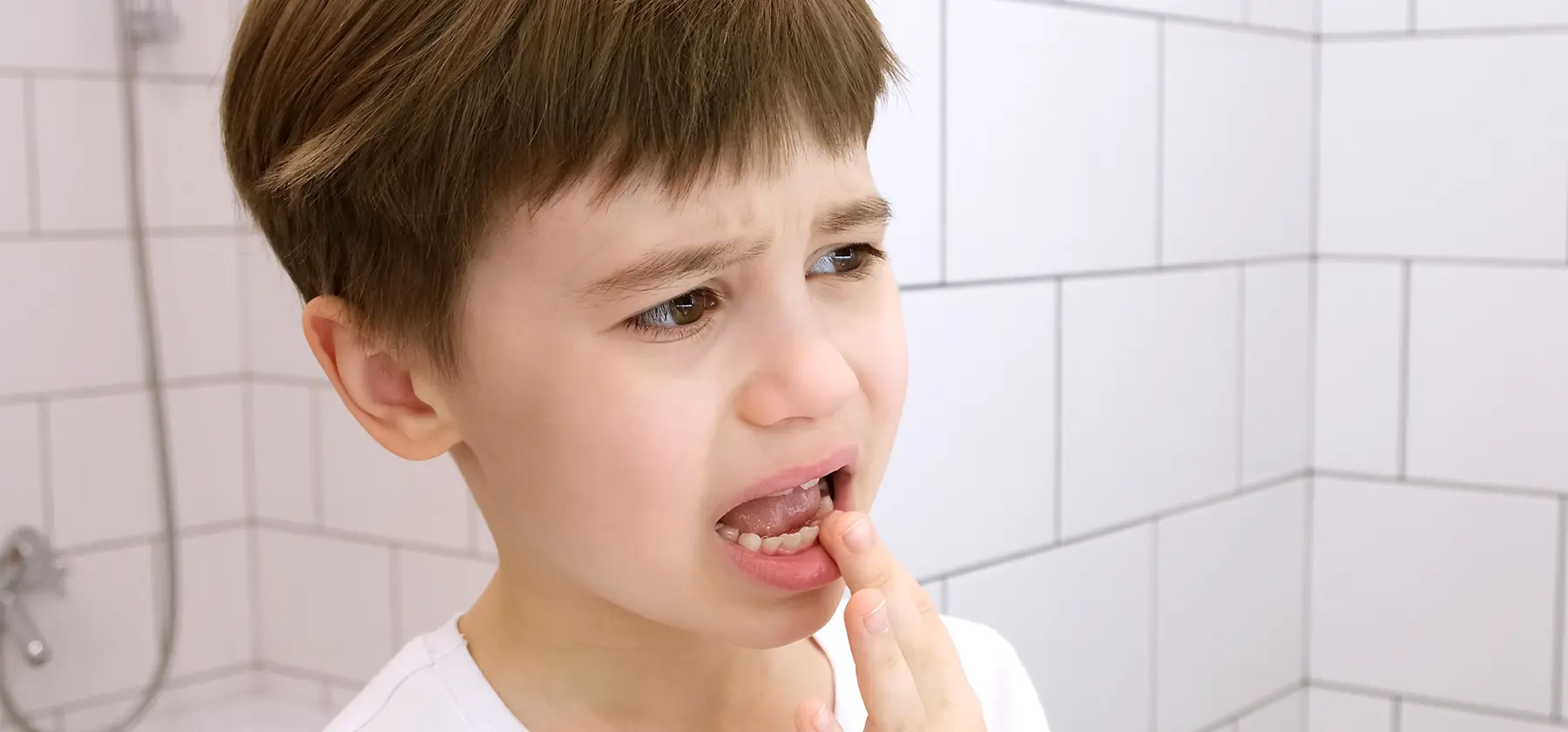
How to Manage Dry Mouth in Children with Diabetes
Advice from board-certified pediatric dentists at Lonestar Kid’s Dentistry in Frisco TX
Reviewed by Dr. David Sentelle, DMD, PhD, MPH
Reading time: four minutes.
For children with diabetes, dry mouth isn’t just an occasional discomfort; it’s a daily challenge that can impact their oral health.
Dry mouth, or xerostomia, is a common symptom of diabetes that can lead to cavities, gum disease, and infections if not managed properly.
In this blog, we will talk about why diabetes causes dry mouth, the effects of dry mouth on oral health, and how to maintain oral health with diabetes.
Table of Contents
- Advice from board-certified pediatric dentists at Lonestar Kid’s Dentistry in Frisco TX
- Understanding Dry Mouth in Diabetic Children
- The Dehydration Connection
- Why is Dry Mouth a Concern?
- How to Prevent Cavities and Maintain Oral Health
- Why Regular Dental Visits Matter
- Lonestar Kid’s Dentistry: Your Pediatric Dentist in Frisco, TX
- FAQs
Key Takeaway
Diabetes can cause dry mouth which increases the risk of gum disease and cavities. If your child has diabetes, maintain good oral hygiene and schedule regular visits to a pediatric dentist to keep their smile healthy.
Understanding Dry Mouth in Diabetic Children
Salivary glands play an important role in oral health by producing saliva that:
- Protects teeth and gums
- Washes away food particles
- Neutralizes harmful bacteria
In children with diabetes, high blood sugar levels interfere with salivary gland function, reducing saliva flow. This creates an ideal environment for plaque buildup and oral health problems.
The Dehydration Connection
Fluctuating blood glucose levels trigger a complex chain reaction:
- When blood sugar is high, the body works to eliminate excess sugar through urination
- This process can leave your child dehydrated
- Dehydration further reduces saliva production, creating a challenging cycle of dry mouth symptoms
Why is Dry Mouth a Concern?
Saliva is more than just moisture—it’s a critical defense mechanism. Without adequate saliva:
- Bacteria can thrive
- The risk of gum disease (periodontal disease) increases dramatically
- For diabetic children, gum disease can develop faster and become more severe
Cavities and Tooth Decay
Saliva acts as a natural protective barrier against cavities. When absent:
- Food particles and sugary residue cling to teeth
- Decay becomes more likely
- Potential consequences include tooth sensitivity and even tooth loss
Infection Risks
A dry mouth creates conditions that can lead to:
- Fungal infections like oral thrush
- Salivary gland infections
- Painful white patches
- Difficulties with eating
How to Prevent Cavities and Maintain Oral Health
A good oral hygiene routine is your best defense against cavities and gum disease.
Encourage your child to:
- Brush twice a day
- Floss at least once a day
- Drink plenty of water
- Let you know if they notice any bleeding or sensitivity when brushing
Natural Remedies for Dry Mouth
- Make sure your child has water with them at all times
- Consider saliva substitutes or mouth sprays
- Use sugar-free gum with xylitol to stimulate saliva flow
- Use a humidifier in the home, specifically in your child’s room
Why Regular Dental Visits Matter
For children with diabetes, dental visits are more than routine check-ups—they’re a critical component of comprehensive health management.
Early intervention can:
- Identify warning signs of complications
- Prevent minor issues from becoming major problems
- Save your child from unnecessary pain and expensive treatments
If your child is under insulin therapy, it is best to book a dental appointment in the morning after they have taken their medication and eaten a meal.
Lonestar Kid’s Dentistry: Your Pediatric Dentist in Frisco, TX
Pediatric dentists are uniquely qualified to provide dental care to children with diabetes.
Our board-certified pediatric dentists, Dr. Paul Rubin, Dr. David Sentelle, and Dr. Ashley Orynich, are committed to providing exceptional care to our young patients.
To book an appointment at our pediatric dental office in Frisco, TX, call (214) 618-5200 or complete the online contact form. We are located at 6801 Warren Parkway, Suite 115, Frisco, TX.
FAQs
Some medications, especially ADHD meds and allergy medications, can cause dry mouth in children. It is important to read the side effects of any medications your child is taking.
Dry mouth puts children at risk for cavities because the mouth is not able to cleanse itself and the environment allows cavity-causing bacteria to flourish. If this is the case, your child may need specific management or treatment to keep their teeth healthy.
